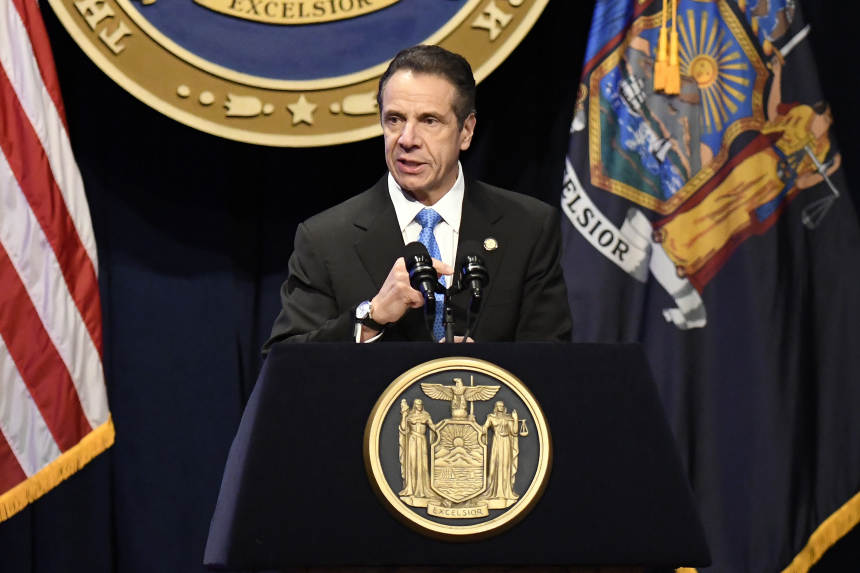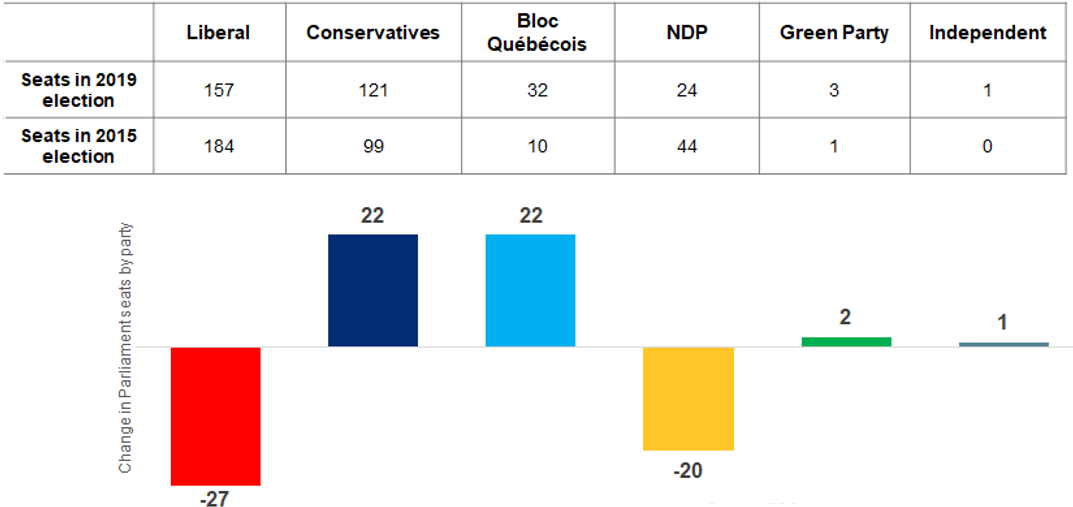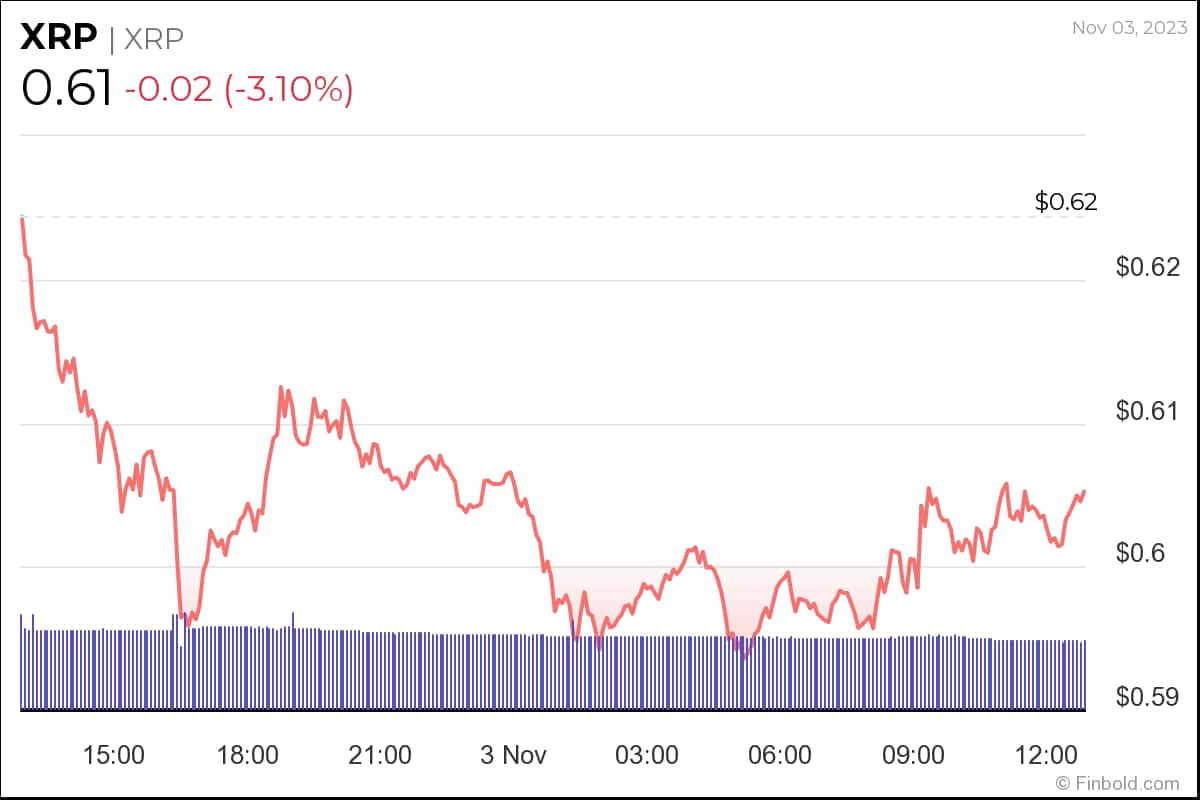Cardinal Claims: New Evidence Exposes Prosecutorial Misconduct In "Trial Of The Century"

Table of Contents
The Cardinal Claims: Key Evidence of Prosecutorial Misconduct
The "Cardinal Claims" represent a collection of newly surfaced evidence pointing to egregious prosecutorial misconduct during the "Trial of the Century." This evidence, if considered during the original trial, could have significantly altered the outcome. Key examples of this misconduct include:
-
Withholding Exculpatory Evidence: The prosecution is accused of deliberately suppressing evidence that could have exonerated the defendant. This includes withheld witness statements that contradicted key prosecution narratives and forensic evidence suggesting alternative explanations for the crime. The deliberate omission of this exculpatory evidence constitutes a serious breach of legal ethics and due process.
-
Witness Intimidation and Coercion: Several witnesses have come forward alleging intimidation and coercion by members of the prosecution team. These claims, supported by documented instances of threatening phone calls and veiled threats, raise serious questions about the validity of the testimony presented during the trial. Witness tampering undermines the integrity of the judicial process and renders the trial's outcome questionable.
-
Presenting Fabricated or Misleading Testimony: Analysis of trial transcripts reveals instances where prosecution witnesses provided testimony that was demonstrably false or misleading. This intentional fabrication of evidence is a grave offense, severely jeopardizing the fairness of the trial. Expert analysis of the testimony highlights discrepancies and contradictions, casting significant doubt on its veracity.
-
Suppression of Key Forensic Evidence: Crucial forensic evidence, including DNA samples and crime scene photographs, has allegedly been suppressed by the prosecution team. This omission prevented the defense from presenting a comprehensive case, raising concerns about a deliberate effort to influence the trial’s outcome. The suppressed evidence, now brought to light, may fundamentally alter our understanding of the case.
-
Potential Perjury by Key Prosecution Witnesses: Several key prosecution witnesses are now suspected of perjury, having given conflicting statements and exhibited a pattern of untruthfulness. These inconsistencies were not addressed during the original trial, raising concerns about the adequacy of the prosecution’s case and the overall fairness of the proceedings.
Impact on the Verdict and Public Perception
The revelation of the "Cardinal Claims" has profound implications, extending far beyond the immediate consequences for the defendant.
-
Potential for Wrongful Conviction: The newly disclosed evidence strongly suggests a potential for wrongful conviction. The suppression of exculpatory evidence and the presentation of fabricated testimony casts serious doubt on the guilt of the convicted individual. This raises fundamental questions about the integrity of the justice system.
-
Shifting Public Opinion: Public opinion, initially firmly aligned with the prosecution's narrative, is now shifting in light of the "Cardinal Claims." The media's coverage, initially focused on the conviction, is now increasingly critical of the prosecutorial conduct, reflecting a growing concern within the public about the fairness of the trial.
-
Erosion of Trust in the Justice System: The "Cardinal Claims" severely erode public trust in the justice system and legal professionals. The revelation of such blatant prosecutorial misconduct undermines the principles of fairness and justice that the system is meant to uphold. This erosion of public confidence necessitates significant reform to restore faith in the legal process.
-
Media Coverage and Public Perception: The media plays a crucial role in shaping public perception. The initial celebratory coverage of the conviction is now being replaced by critical analysis of the "Cardinal Claims," contributing to a reassessment of the case and highlighting the systemic issues within the justice system.
Calls for a Case Review and Legal Reform
The "Cardinal Claims" demand immediate action, including a comprehensive review of the original trial and far-reaching legal reforms to prevent future instances of prosecutorial misconduct.
-
Formal Case Review: A thorough and independent review of the original trial proceedings is imperative. This review should examine all aspects of the case, including the evidence presented, the conduct of the prosecution, and the actions of all involved parties. This review should be conducted by an impartial body free from any potential conflict of interest.
-
Increased Judicial Oversight: Enhanced judicial oversight is critical to prevent similar occurrences in the future. Stricter regulations and greater accountability for prosecutors are essential, with greater scrutiny of their actions during the pre-trial and trial phases. This includes establishing mechanisms for independent review of prosecutorial decisions.
-
Stricter Ethical Standards: Current ethical standards for prosecutors require strengthening. Mandatory training programs focused on ethical conduct and the implications of prosecutorial misconduct are essential, along with stricter enforcement of existing rules.
-
Legal Avenues for Redress: In cases of wrongful conviction, suitable legal avenues for redress and compensation for the affected individual must be provided. This would involve the establishment of robust mechanisms to ensure that justice is served and the rights of the wrongly convicted are protected.
Conclusion
The "Cardinal Claims" represent a watershed moment, revealing the extent of prosecutorial misconduct in the "Trial of the Century" and highlighting the urgent need for reform within the justice system. The newly discovered evidence leaves little doubt that a thorough review is crucial to uphold the principles of fairness and justice. This case is not just about one individual; it's about the integrity of our legal system and the need to ensure that justice is truly blind.
Call to Action: Demand accountability for prosecutorial misconduct! Share this article to raise awareness of the "Cardinal Claims" and help ensure that justice is served. Join the movement advocating for legal reform and a comprehensive review of this deeply flawed trial. Learn more about how you can contribute to preventing future instances of prosecutorial misconduct and fight for a fairer justice system. Demand a thorough investigation of the Cardinal Claims and let your voice be heard!

Featured Posts
-
 Canadian Election Results Poilievres Loss And Its Fallout
May 01, 2025
Canadian Election Results Poilievres Loss And Its Fallout
May 01, 2025 -
 How To Watch Eurovision 2025 Live From Australia
May 01, 2025
How To Watch Eurovision 2025 Live From Australia
May 01, 2025 -
 Processo Becciu Data Appello 22 Settembre E La Sua Professione Di Innocenza
May 01, 2025
Processo Becciu Data Appello 22 Settembre E La Sua Professione Di Innocenza
May 01, 2025 -
 Xrp To 10 Price Prediction After Ripples Dubai License And Technical Breakout
May 01, 2025
Xrp To 10 Price Prediction After Ripples Dubai License And Technical Breakout
May 01, 2025 -
 Daily Horoscope For April 17 2025 Your Zodiac Signs Predictions
May 01, 2025
Daily Horoscope For April 17 2025 Your Zodiac Signs Predictions
May 01, 2025
